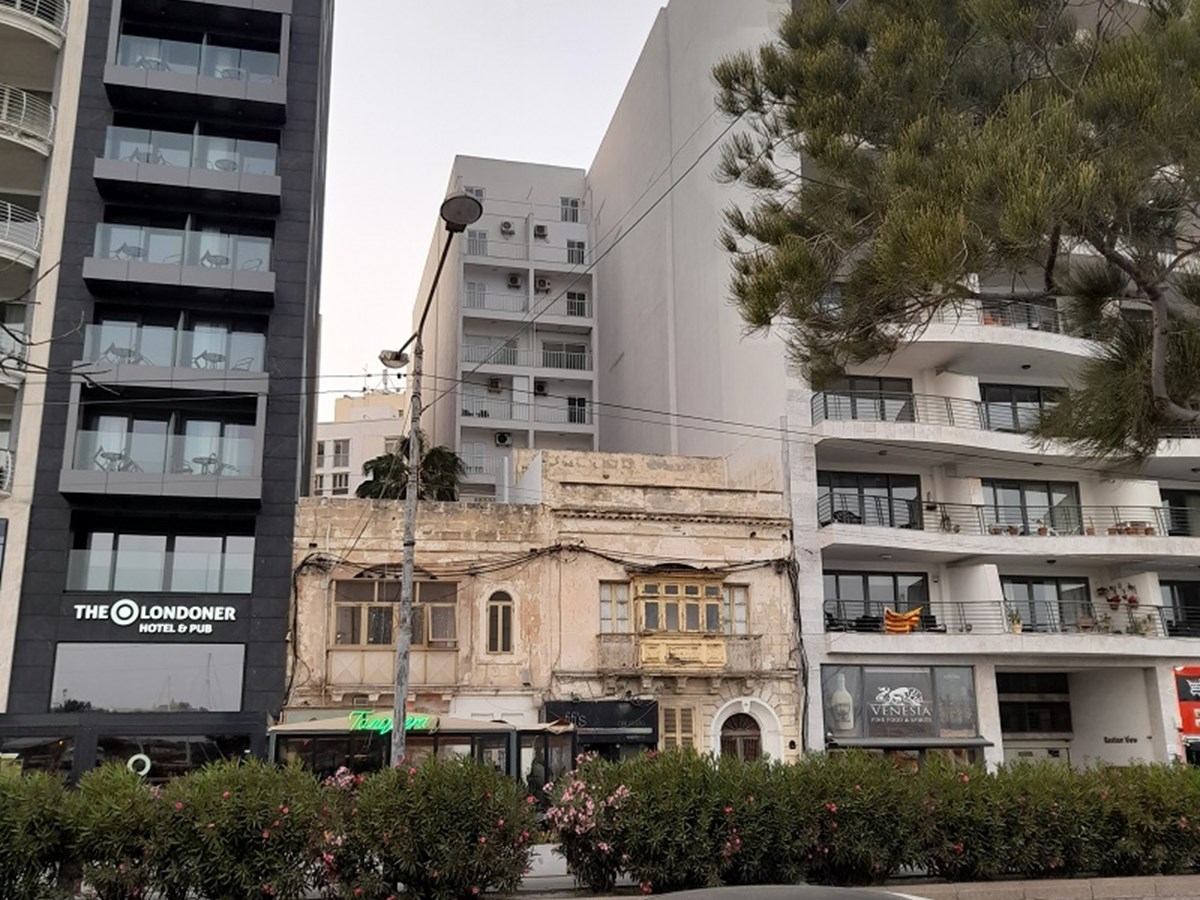Richard Blyth FRTPI is the RTPI’s Head of Policy, Practice and Research.
The European Council of Spatial planners, founded by RTPI members and others in 1985 is one of the RTPI’s key international partnerships. From 2021 to 2023 it is also headed by Professor Janet Askew an RTPI trustee and past president. There are two general assembly meetings a year, the last one in Slovakia in 2022 and this year’s was held in Malta.
In the day long business meeting we were pleased to accept the application to join ECTP from the Union of Bulgarian Spatial Planners which is small but very active. Dr Angel Burov, president, gave an exciting presentation on the work the association does working for state and municipal funders on projects and conducting its own research.
We also continued with preparations for the European Biennial of Towns and Town Planners to be held in Naples in December (the last “biennial” was held by the City and University of Plymouth and the RTPI in 2019). Do look out for the opportunity to present papers at the Biennial, and do enter the European Planning Awards. Communications will be coming out from the RTPI in due course. In addition, ECTP will be holding its annual Young Planners Workshop which is a fascinating opportunity for young planners across Europe. The last one in Bratislava was amazing. Let’s make sure there are successful entries from the UK and Ireland!
The invitation from the Malta Chamber of Planners was I think a first and it was followed by a conference on Spatial Planning governance with special reference to Malta, which is celebrating 30 years of having a planning system. I think most people in Malta would recognise that in recent years the planning system is falling behind the high hopes that surrounded its establishment. The original idea was for politicians to set the policy and for planning professionals to administer the system. (Similar concepts have recently been proposed in relation to the English planning system eg. By the Johnson government in 2020.)

Increasing urban density, Gzira

Redevelopment Sliema Waterfront
However (as in England) the public do not tend to take lightly to what is perceived as ‘rule by bureaucrats’. Around 10 years ago the Maltese system was changed to empower politicians. Sadly, the results have not been great, certainly in terms of design, social justice and environmental sustainability. The problem was very succinctly put in the conference brochure by Dr Maria Briguglio of the University of Malta: “Everyone tries to behave in a manner that suits them best as private individuals but, in so doing, they ruin the commons, ultimately even for themselves”.
It is certainly true that in order to win trust from the public, planners need to emphasise their ethical strengths. This is why the RTPI has a Code of Conduct. In the Times of Malta article on the event, ECTP President Janet Askew was quoted:
“The main "failure" planners have faced is failing to convince politicians, businesses and communities that planning is a necessity to be carried out in the public’s interest. The public does not see the benefit of planning, and politicians fail to see the importance and benefits of planning.”

Traditional urban form, Valletta
That is a task the current RTPI Corporate Strategy places front and centre. It can be seen through our recent collaboration with Content with Purpose on a digital series exploring the intrinsic role of planners in tackling climate change, paving the way to a sustainable, viable and vibrant future. It’s also evident in our Planning Your World website which highlights the significant influence planning has over health, the environment, the economy, safer streets, and housing. The site showcases the extraordinary work or town planners and includes a combination of profiles and case studies of inspirational planners and the projects they work on.
Another challenge for planning in all countries is to achieve both professional excellence and timely delivery. The conference keynote speaker was Natasha Day MRTPI of the Jersey Government. While not as incredibly highly populated as Malta, Jersey does have many challenges including an ageing population and more cars than people! (Traffic congestion is also a surprisingly serious problem in Malta as it happens.) The current Island Plan was produced in a period of just 18 months but with a strong evidence base. For those following the current debate about Environmental Outcomes Reports in England, it is interesting that doing a proper sustainability appraisal of the Island Plan in Jersey was no barrier to its agile production.
In island states with rapid economic growth the problems of sustainability are concentrated into a small area – a kind of microcosm of exactly the same problems larger states face, but all the more apparent given the limited land area. There are both good and perhaps less good lessons to be learned.


